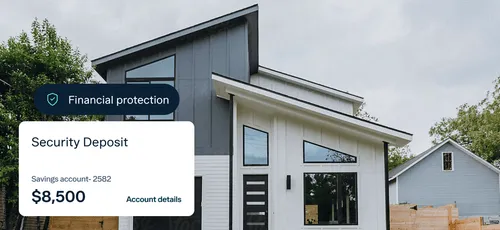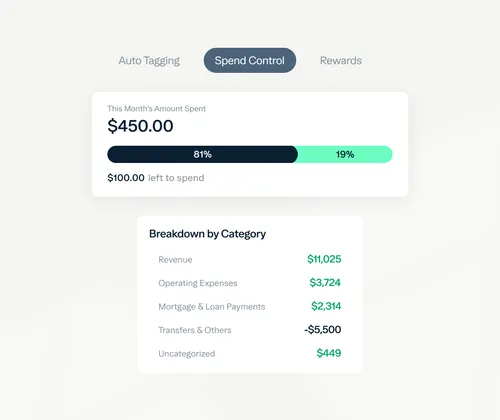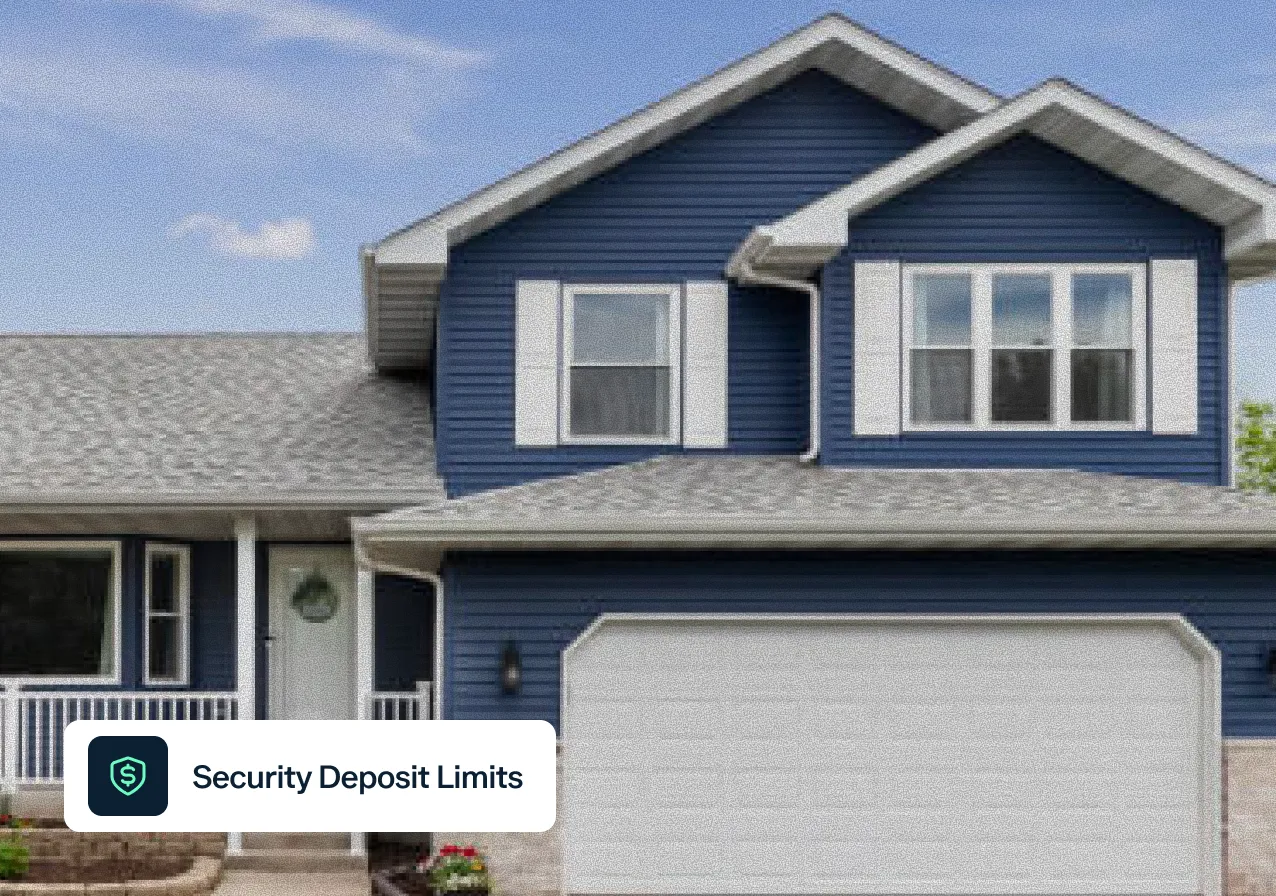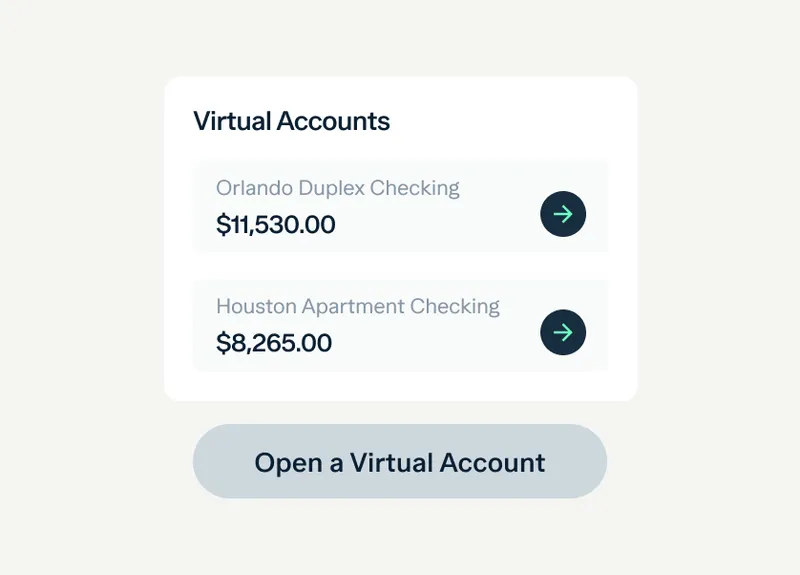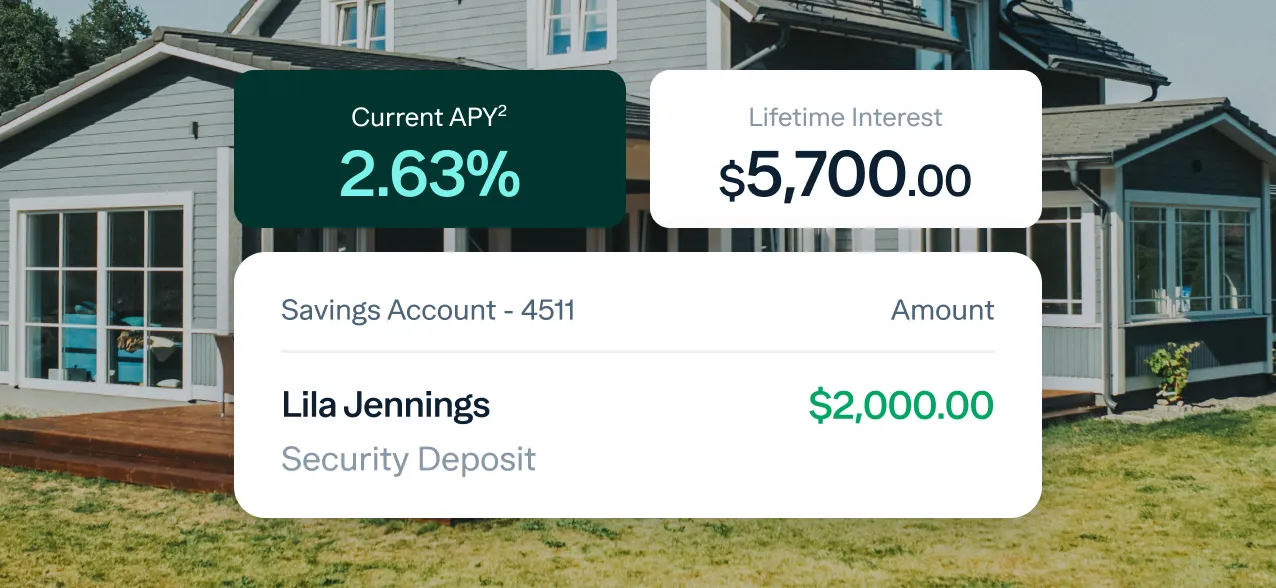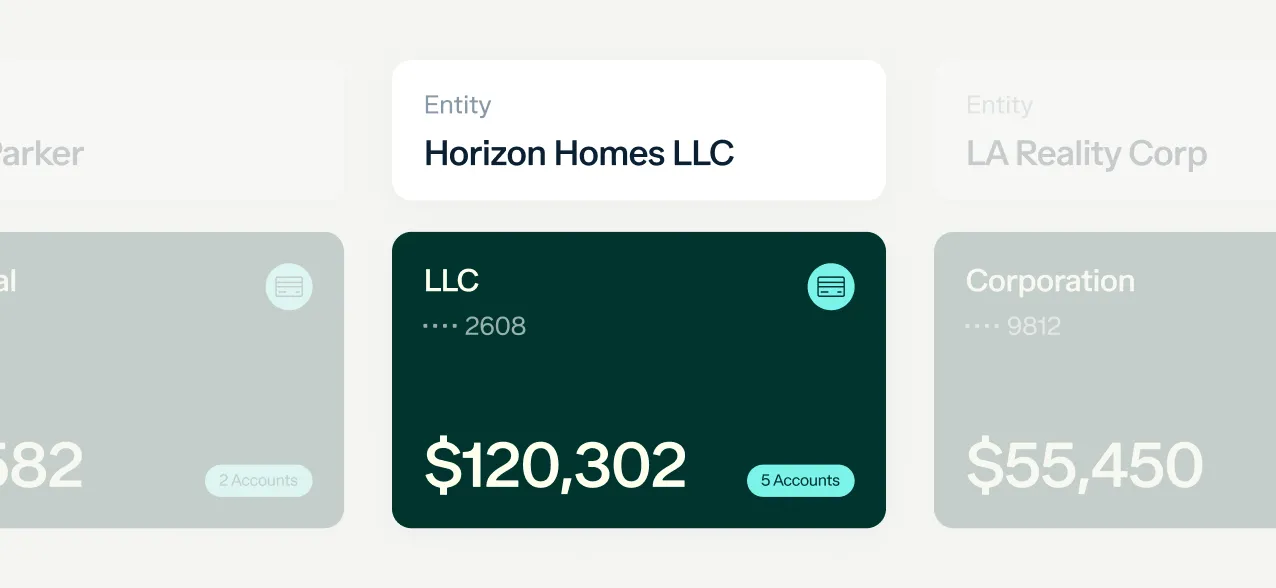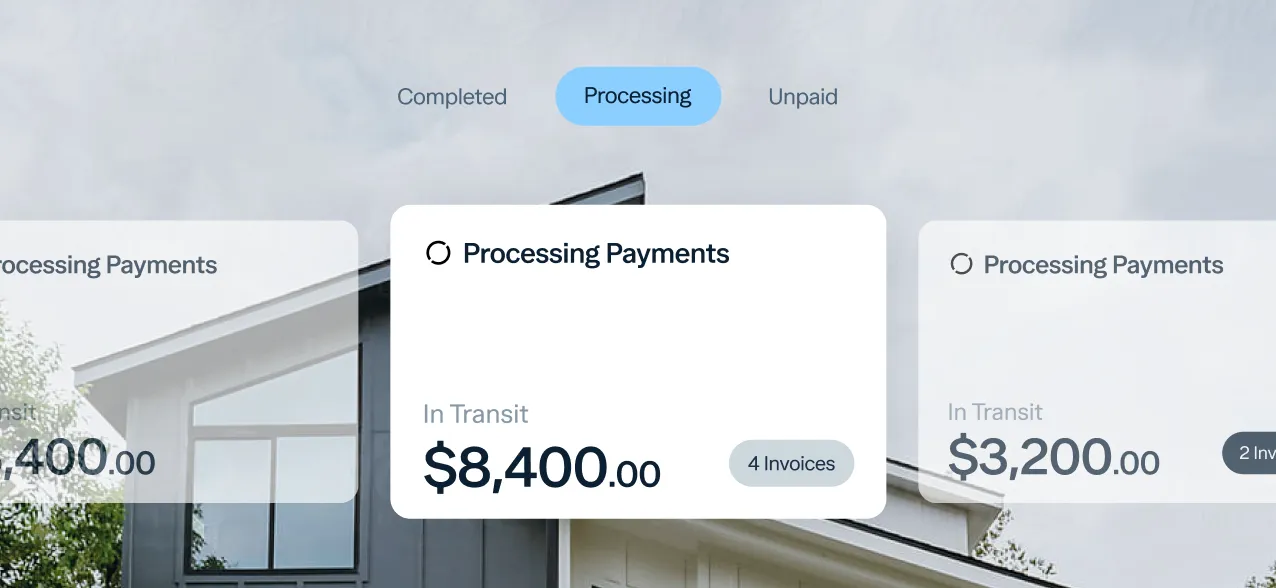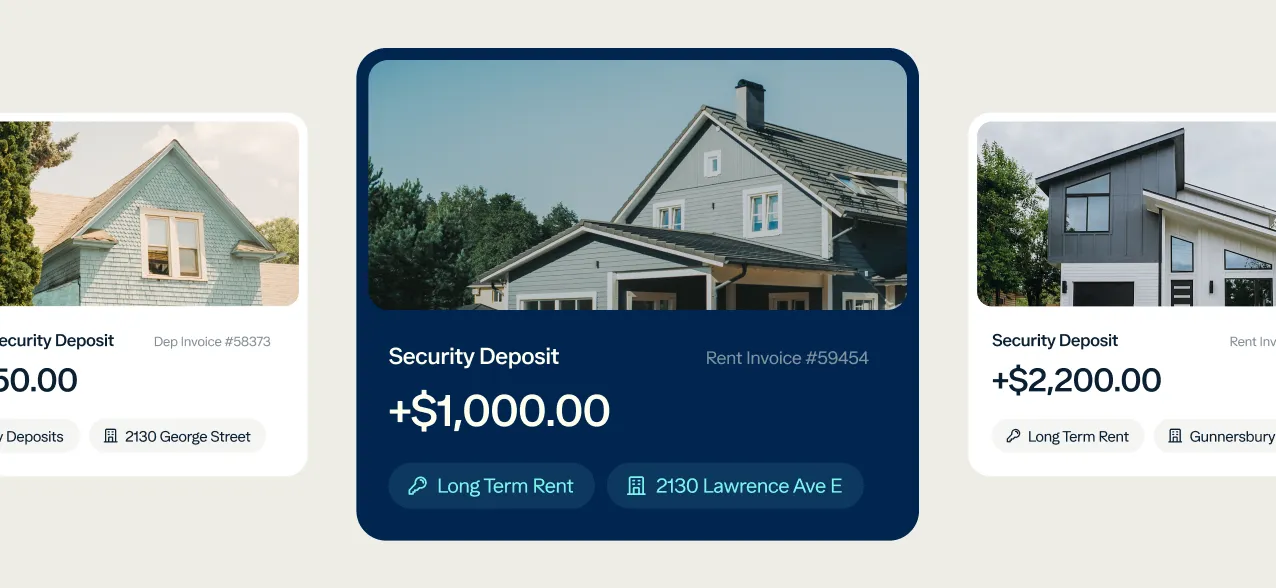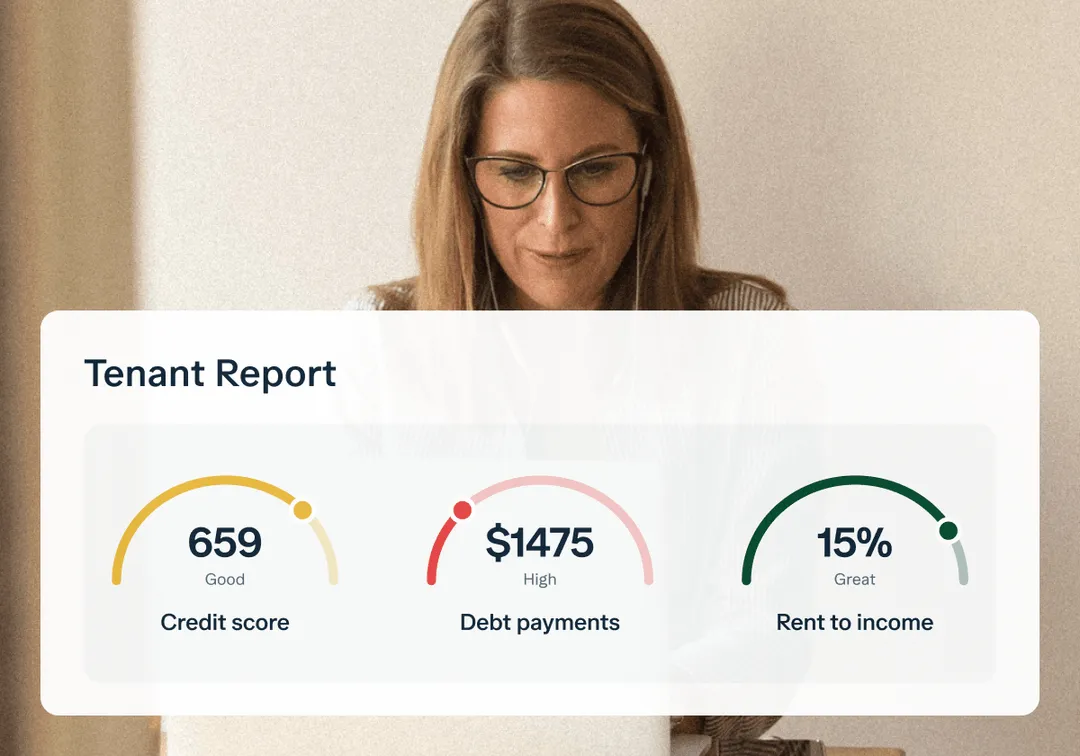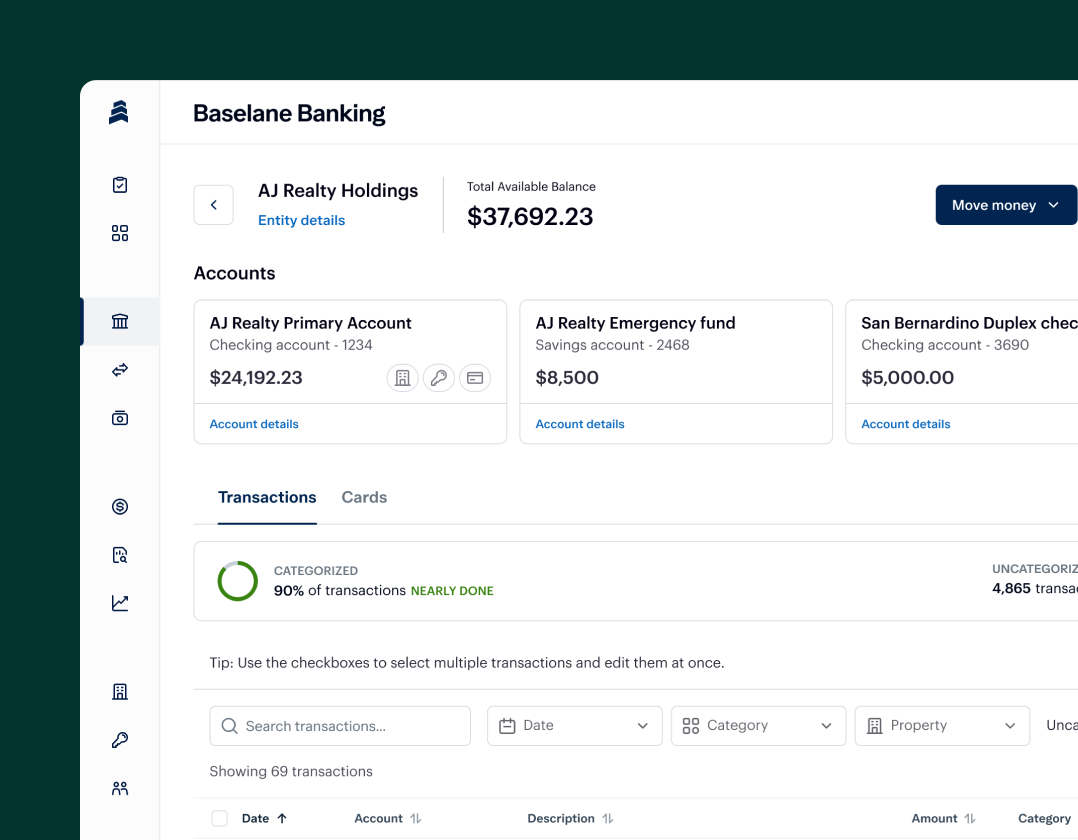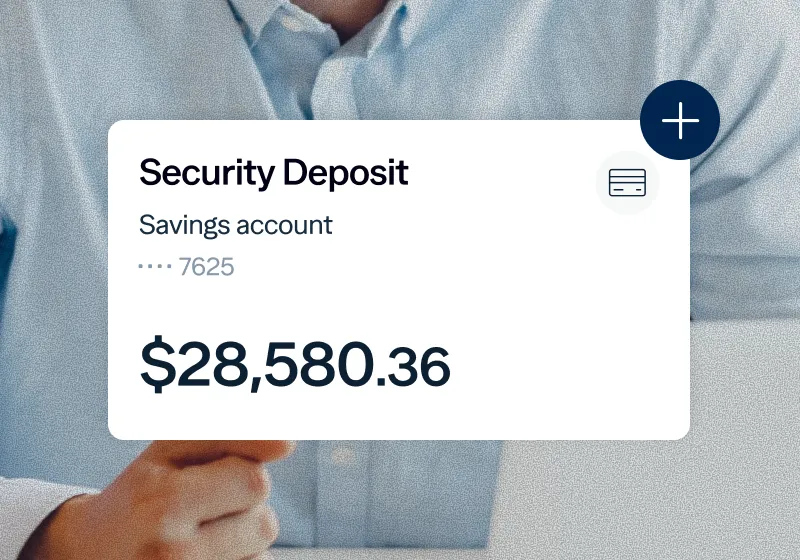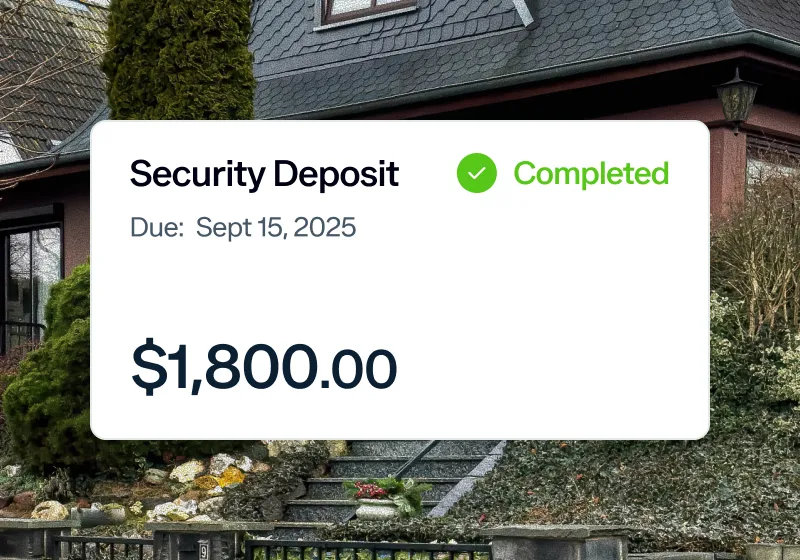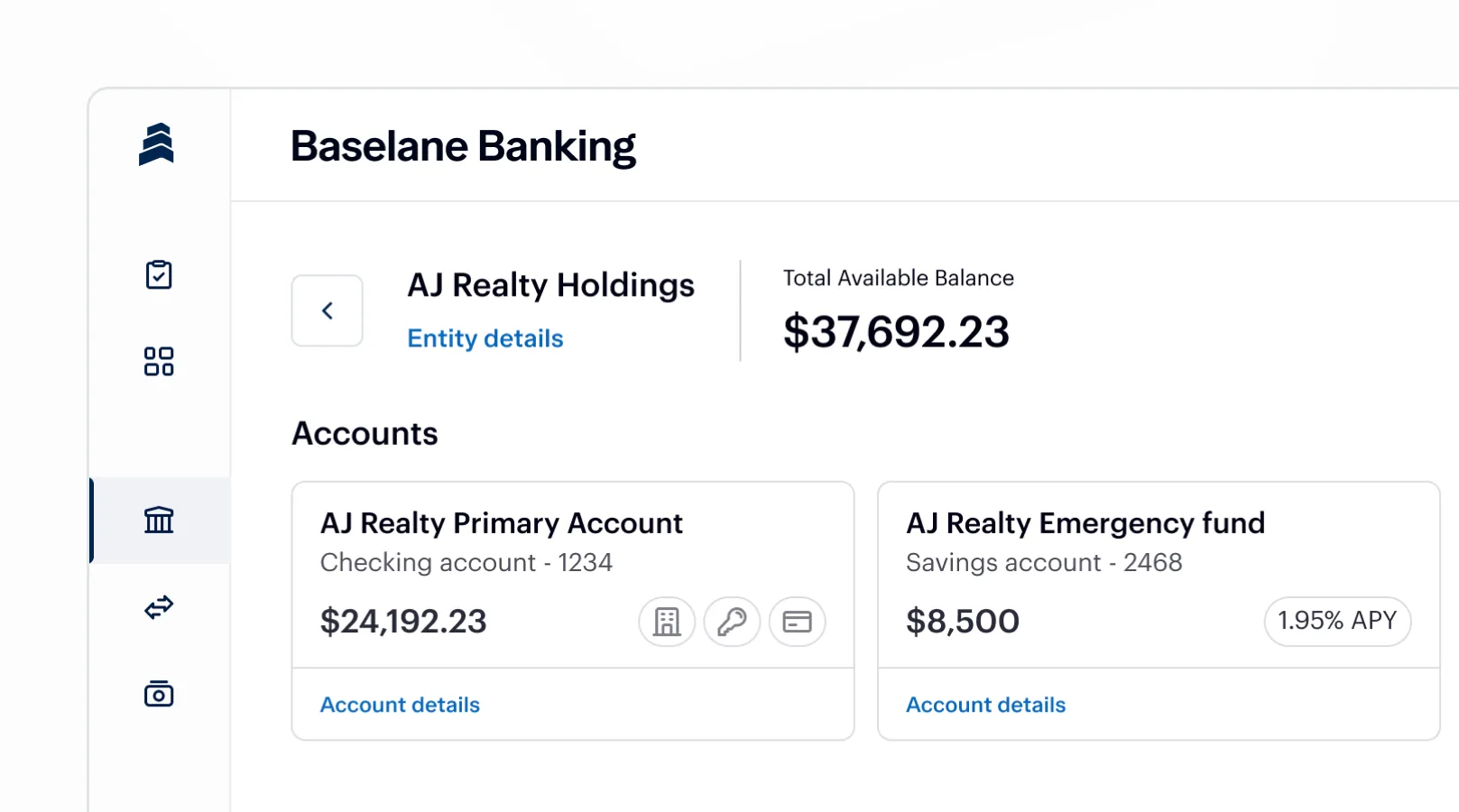In Hawaii, a landlord can collect up to one month's rent as a security deposit.
Security deposit rules in {{ state }}
Limit: In Hawaii, landlords may collect a tenant security deposit equal to one month’s rent. This limit applies to all residential leases, regardless of the tenant’s rental history, credit, or whether pets are allowed. However, an additional tenant deposit may be collected for pets, except for service animals. The total amount must be clearly stated in the lease and properly managed through a security deposit bank account in Hawaii for compliance and transparency.
Return Deadline: The landlord must return the tenant security deposit, along with an itemized list of deductions, within 14 days after the tenant vacates the rental property. If the landlord fails to return the tenant deposit or provide the required statement within this time frame, they forfeit the right to withhold any portion of the deposit.
Acceptable Deductions: The tenant security deposit may be used to cover unpaid rent, late fees, damages beyond normal wear and tear, cleaning costs, and expenses related to restoring the unit to its original condition. The landlord must provide a detailed, itemized list of deductions supported by receipts or written estimates when returning the remaining balance.
Where to Deposit: Hawaii law does not require landlords to hold tenant deposits in a separate or interest-bearing account. However, it is strongly recommended that landlords use a security deposit escrow account in Hawaii or a landlord tenant security deposit bank account in Hawaii to maintain separation from personal funds and ensure accurate record-keeping. While there is no established security deposit interest rate requirement, keeping funds in a dedicated, FDIC-insured account enhances accountability and helps protect tenant funds throughout the lease term.

